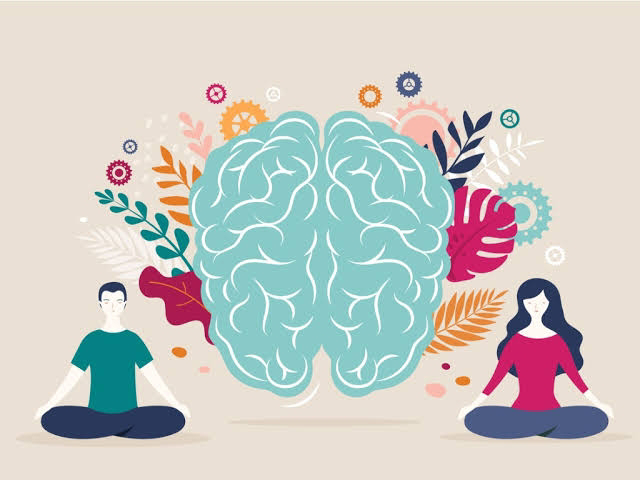Emotional well-being - Ways to incorporate emotional wellness

Emotions are phases of brain activity that are crucial for how we think and feel. They play a significant role in the development of consciousness and influence all mental processes. Different types of emotions are linked to various levels of consciousness. Emotions are like the fuel for our actions and decisions, driven by our brain and biology. They play a big role in why we do things and how we feel about them. Emotions strongly affect our thoughts and actions, especially when the situation is personally or socially important. Principles of Emotions: Feeling emotions is a key part of our mind and consciousness. Emotions have a big impact on how our awareness grows and changes over time, guiding our focus and thoughts throughout our lives. Our feelings are the main driving force behind our thoughts and actions. Basic emotions help us react quickly and effectively to challenges that threaten our survival or wellbeing. Using emotions effectively involves balancing emotions ...

